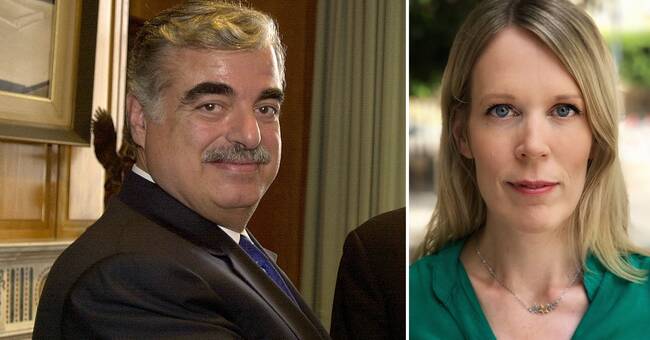The verdict states that Hezbollah member Salim Jamil Ayyash is guilty of the assassination of former Prime Minister Rafik al-Hariri. Three other Hezbollah members are released. The court finds no evidence that the Hezbollah movement or Syria are behind the attack, but it says that Syria and Hezbollah may have had motives for killing Hariri. Hariri was close to the Gulf countries and the United States and was seen as a threat to Iran and Syria's influence in the country. The assassination plunged Lebanon into the country's deepest political crisis after the civil war, leading to deepening political divisions and huge protests.
The murder took place 15 years ago. What kind of evidence do you have?The court's most important piece of evidence has been the telephone traffic between Hezbollah members that was mapped and which ceased at the time of the act. But the evidence only led to a conviction.
DNA traces have shown that the explosion that took al-Hariri's life on February 14, 2005 was carried out by an unidentified male suicide bomber.
70 investigators from 17 countries have worked with the investigation.
An explosion recently killed 178 people in Lebanon. How is the verdict believed to affect the country?The verdict comes in a sensitive political situation. The clearing work here in Beirut is currently underway after one of the most powerful explosions in world history that took place two weeks ago. The disaster sparked huge protests and forced the Hezbollah-backed government to resign.
The verdict could polarize the country even more and increase political tensions.
Hezbollah is an influential terrorist movement in several countries - both in parliament here in Lebanon and whose armed militias are taking part in the war in neighboring Syria. Hezbollah has refused to recognize the tribunal. Recently, the leader of the movement, Hassan Nasrallah, said that he was not worried about the trial and that he saw all the accused members as innocent.

